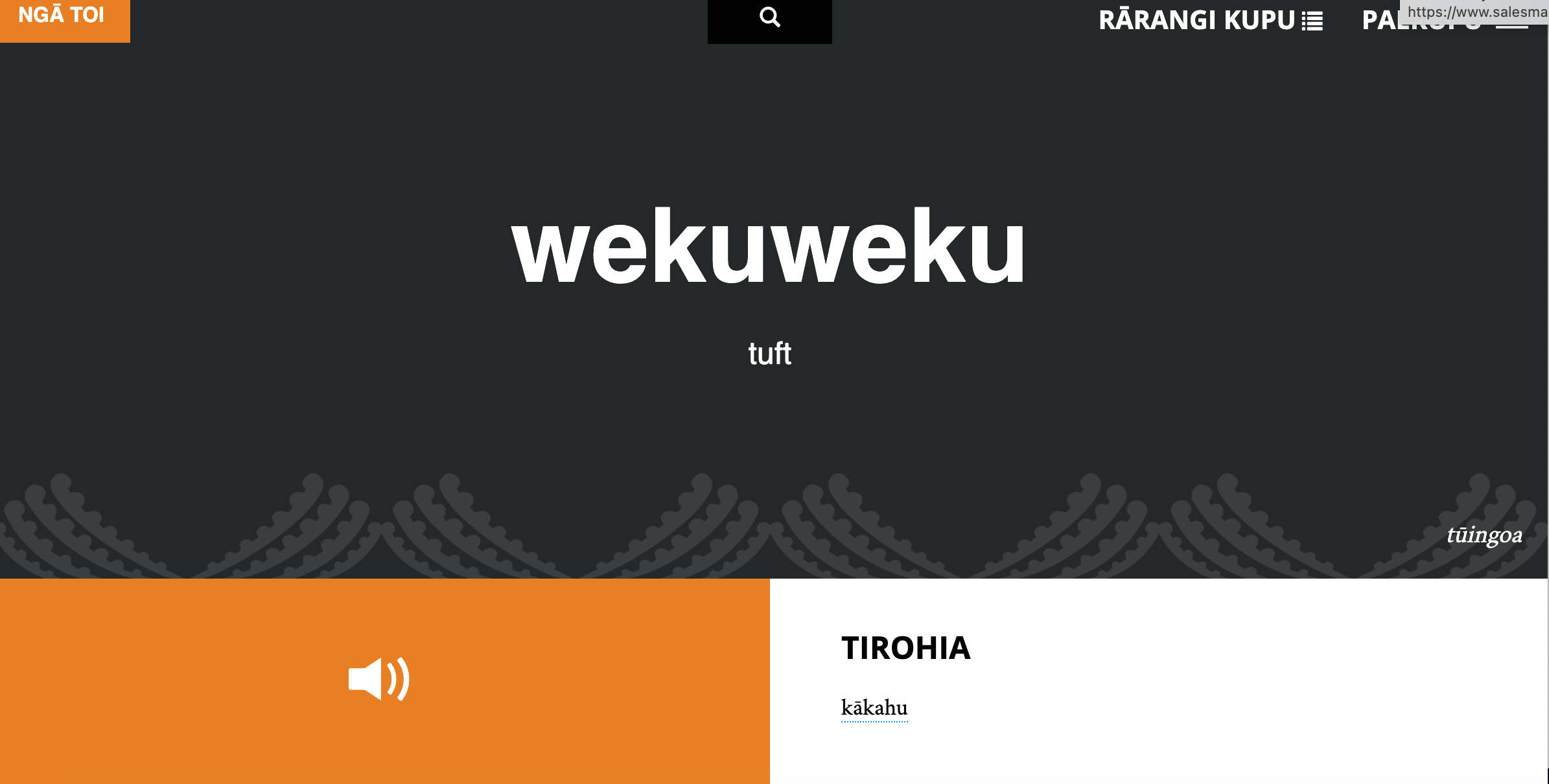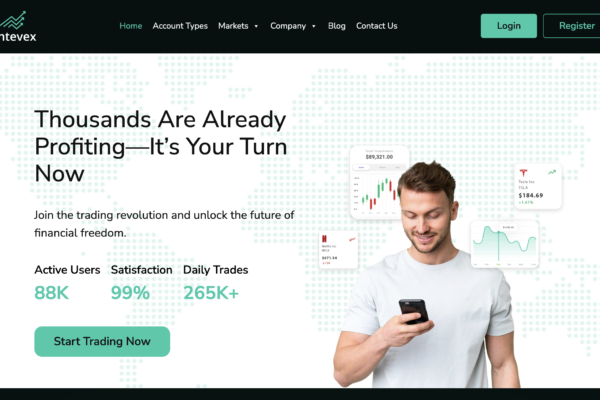WeKuWeKu Scam Review — A Warning Signs
In the fast‑moving world of cryptocurrency tokens and investment promises, new projects pop up every day. Some may have merit, others are built primarily to lure investors, collect funds, and fade away. WeKuWeKu falls squarely into the latter category — at least based on available evidence, user reports, and structural concerns. This review explores how WeKuWeKu presents itself, what key warning signs surround it, and why anyone considering investing should proceed with extreme caution.
What WeKuWeKu Claims to Be
WeKuWeKu markets itself as a next‑generation crypto token and ecosystem, promising users access to staking, high yields, social network expansion, and token growth tied to a rising community. On its sales pages you might find claims such as:
-
“Join our viral token network and earn daily rewards.”
-
“Stake WeKu and watch your balance grow with our 24/7 growth algorithm.”
-
“Be an early investor before we list on major exchanges.”
-
“Limited‑time bonus, early access price, special VIP tiers.”
These messages appeal to the yearning for quick gains and “get‑in‑early” advantage. They reflect what many new crypto investors hope to find: exciting token, high reward, little effort. But the reality is different.
Lack of Transparency and Corporate Credibility
One of the most immediate red flags with WeKuWeKu is the lack of verifiable transparency. Legitimate crypto projects usually provide clear details such as: a publicly verifiable team, for example by name and credentials; details of the token contract address, audit reports; information on tokenomics (how many tokens exist, allocation, lock‑ups); legal registration details of the operating entity; and a realistic roadmap with deliverables.
With WeKuWeKu:
-
The team behind the token is highly anonymous, or at best vague — no well‑known founders, no visible audit trail.
-
The token’s smart contract, if claimed, is not clearly audited or verified by independent third parties.
-
Promises about “listings on major exchanges” or “staking yields” are made, but there is minimal public proof of liquidity, exchange trading volume, or widespread adoption.
-
Ownership of domains, hosting registrations and company registration are masked or obfuscated, making it difficult to know who is responsible or where the project is based.
This lack of foundational information means that investors are trusting an operation with very limited accountability or transparency — a scenario ripe for misuse.
Unrealistic Promises and “Easy Money” Rhetoric
Another key concern: WeKuWeKu uses marketing rhetoric that promises high yields, guaranteed growth, or little hassle. Some common claims:
-
“Earn daily payouts in WeKu tokens simply by holding.”
-
“Guaranteed growth of your investment due to our tokenomics model.”
-
“Join our VIP early access and see your balance multiply.”
In real cryptocurrency markets, returns are inherently uncertain. Token values depend on utility, adoption, liquidity, regulation, and competition. No credible project guarantees profits or offers passive returns without risk. When a token emphasises quick gains and limited risk, it strongly suggests a hype‑driven model rather than a sustainable business ecosystem.
Referral Networks, Deposit Pressure and Upgrade Funnels
In many user reports, WeKuWeKu exhibits features typical of high‑risk token schemes:
-
Users are encouraged to buy the token now to “lock in special price” with volume bonuses.
-
Referral or affiliate programmes are heavily promoted: bring in new members, earn commissions, climb “levels.”
-
“Upgrade” tiers or “special packages” may require higher purchase amounts or additional token acquisition.
-
Community and social media messages emphasise recruiting friends, sharing invite links, creating urgency (“slots limited,” “bonus ends soon”).
When the growth of the project depends more on new purchases and recruitment rather than external token utility or real product/service revenues, the model resembles a recruitment‑driven or Ponzi‑style scheme more than a legitimate token economy.
Withdrawal/Exit Risk and Real User Reports
While some investors may report early “gains” or see token balances increase, the major issue comes when they attempt to liquidate or withdraw. Several issues emerge:
-
The token may not be listed or sufficiently tradable on major exchanges, making exit difficult.
-
Users may find their tokens locked in staking systems or “locked for bonus,” limiting liquidity.
-
Some report that large token holders or early users cannot sell without triggering enormous fees or platform barriers.
-
If the primary value proposition is “growth until listing,” but listing or liquidity never materialises, token value may drop dramatically.
In short, even if you buy tokens and your dashboard looks promising, turning those tokens into real usable funds can be significantly more difficult — sometimes impossible.
Tokenomics, Liquidity and Use‑Case Weaknesses
A legitimate token project offers clear use‑case: the token is used in an ecosystem (staking, governance, payments, service access), with transparent token‑allocation and planned phases (for example 50% to community, 10% to team with lock‑in period, 20% to ecosystem). With WeKuWeKu, many of these elements appear weak or missing:
-
If token supply is extremely large with little burn mechanism, token value may be diluted.
-
If token utility is vague (just “hold and earn” without actual external service), adoption may stall.
-
If liquidity pool is small or trading volume limited, the token may be subject to large price swings or manipulation.
-
If early tokens are held by project insiders with minimal lock‑up, anonymised owners may dump tokens once price rises.
All of these factors mean the token may be highly speculative, volatile and vulnerable to collapse or manipulation.
Community Sentiment and Trust Issues
Trust and reputation matter a lot in crypto. Some clues from investor forums and review sites indicate:
-
The project appears to rely heavily on hype, referral talk and “earnings screenshots.”
-
Questions about token listings, audit reports, team credentials often get vague answers or are ignored.
-
The domain and project appear relatively new, or similar names appear across multiple “copy‑cat” websites.
-
Review‑sites or crypto‑watch‑dogs may assign a low trust score to the domain (for example labeling it “questionable” or “flagged”).
When a token’s community sentiment shifts from enthusiasm to caution or regret, the risk becomes much higher.
Why WeKuWeKu Matches a Known Scam Profile
When we map WeKuWeKu’s features against known red‑flags of crypto token scams, the alignment is strong:
-
Anonymous ownership / limited transparency – Identifying who runs the project is unclear.
-
Unverified token contract or listing – Lack of public audit, unclear liquidity.
-
High return promises, minimal risk disclosures – “Earn daily,” “growth guaranteed.”
-
Strong recruitment/upgrade/bonus model – Emphasis on buying more, referral scores.
-
Exit or withdrawal instability – Token may not be easily tradable, value may collapse.
-
Domain/domain history issues – New project, multiple imitative domains, masked registration.
Any single one of these might trigger caution; together they create a very high‑risk scenario where investors are likely being exposed to a scam‑style token rather than a sustainable project.
Key Takeaways for Potential Investors
If you are evaluating WeKuWeKu or similar token offers, keep these practical rules in mind:
-
Always verify the token contract address, audit reports, liquidity pool status and trading volume on independent platforms.
-
Check the team and entity behind the project — credible projects list team members, advisors, legal entity, corporate registration.
-
Be very cautious of promises of fixed, high returns or “guaranteed profits” in a token — markets are volatile and risk always exists.
-
See if the token has a genuine use‑case beyond “buy token, hold token, earn token.” If the utility is narrow or speculative, risk is higher.
-
Test your ability to exit or trade tokens: can you sell even a small amount easily? What fees apply?
-
Beware of referral incentives, high upgrade tiers, limited‑time bonuses: these often mask recruitment‑based models, not value‑based business models.
-
Recognise that a short domain history, masked ownership and low trust scores in review sites increase risk substantially.
Final Verdict
In summary, WeKuWeKu appears to be a high‑risk and likely fraudulent token promotion rather than a reliable investment. While it may offer dazzling promises, slick interface and referral momentum, it lacks the fundamental elements of a legitimate token ecosystem: transparent ownership, verifiable tokenomics, realistic utility, and reliable liquidity/exit options.
If you are considering investing in WeKuWeKu, you should recognise that the majority of the risk is extremely high and that you may not be able to liquidate or realise your promised gains. The project shows nearly all the red‑flag characteristics of crypto scams seen in recent years.
In the world of digital assets, due diligence matters enormously — and WeKuWeKu fails most of the checks that separate genuine opportunities from speculative or deceptive ones.
-
Report WeKuWeKu and Recover Your Funds
If you have fallen victim to WeKuWeKu and lost money, it is crucial to take immediate action. We recommend Report the scam to BOREOAKLTD.COM , a reputable platform dedicated to assisting victims in recovering their stolen funds. The sooner you act, the greater your chances of reclaiming your money and holding these fraudsters accountable.
Scam brokers like WeKuWeKu persistently target unsuspecting investors. To safeguard yourself and others from financial fraud, stay informed, avoid unregulated platforms, and report scams to protect. Your vigilance can make a difference in the fight against financial deception.





